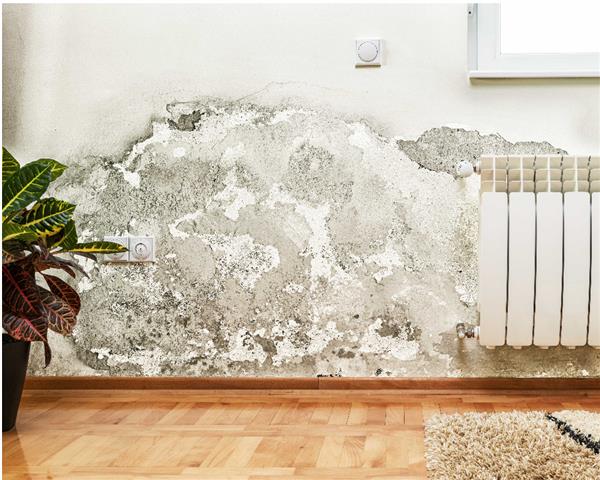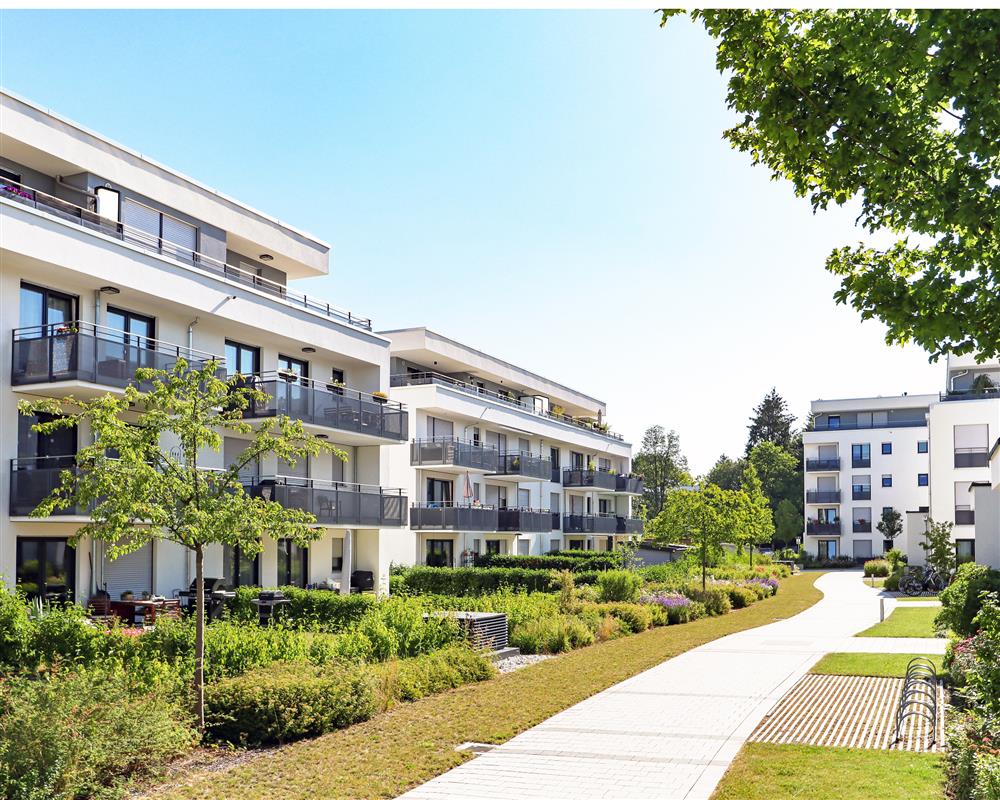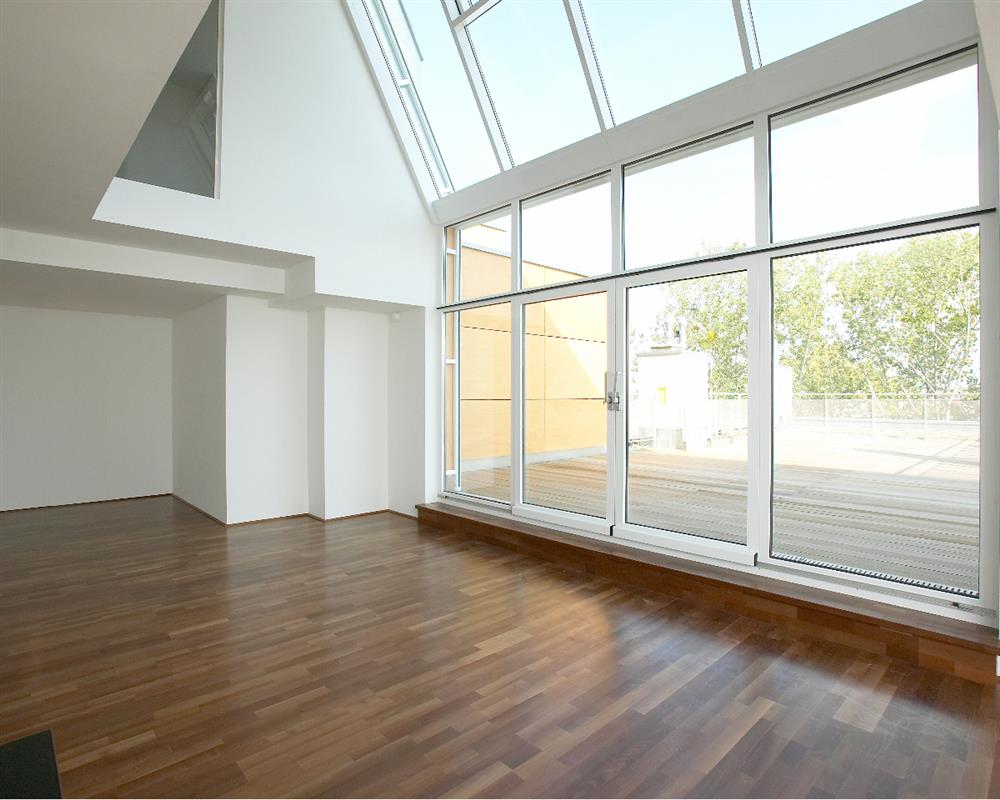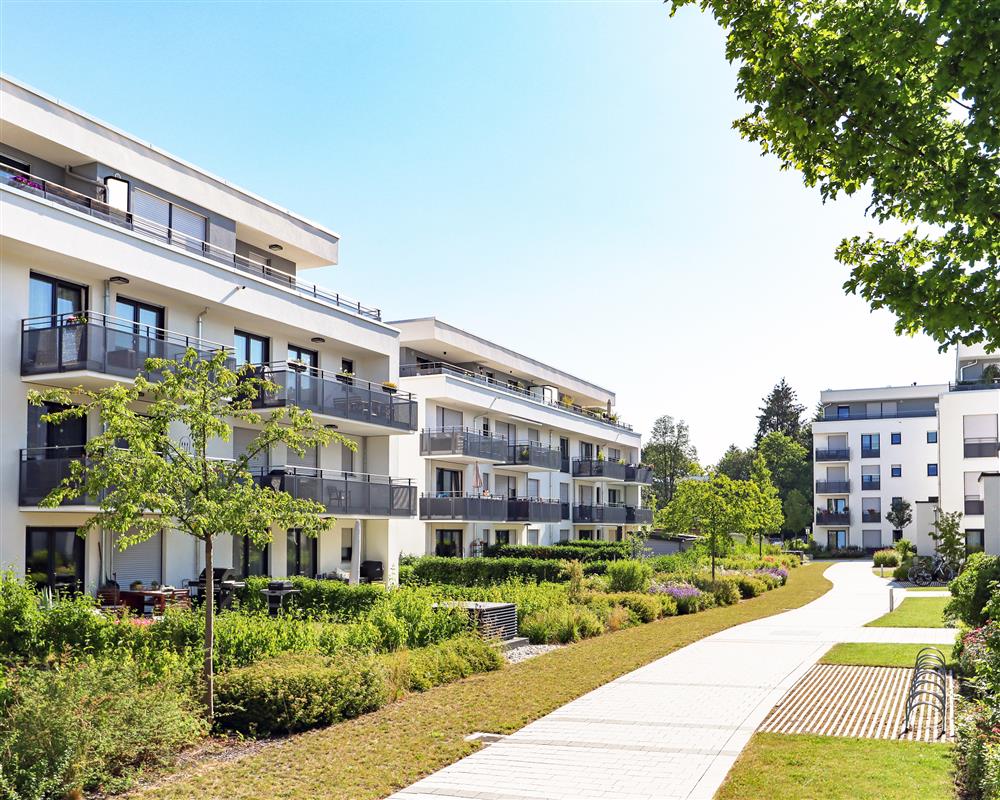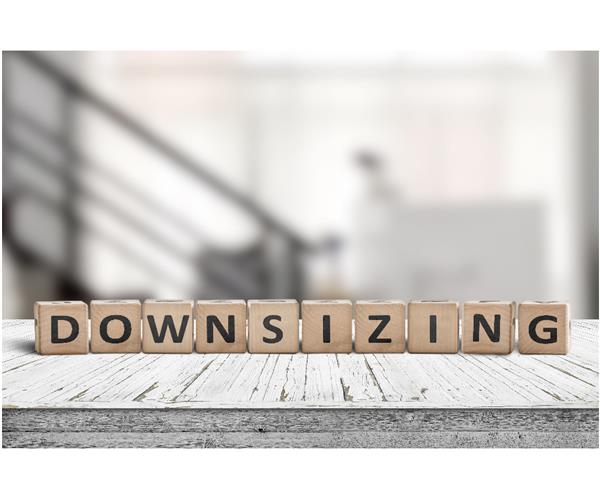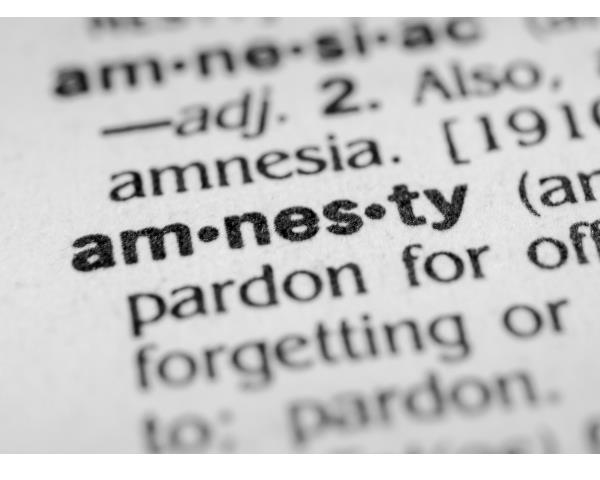
According to Michelle Dickens, chief executive officer of TPN Credit Bureau, an oversupply of vacant properties and low tenant demand has significantly impacted rental prices. Dickens questions the old assertion that people’s basic (and sometimes desperate) need to secure housing means landlords can call the shots on rental values. Current market conditions severely restrict landlords’ negotiating power as tenants have a multitude of potential properties to choose from, inevitably driving rental prices down in an attempt to secure rental income.
Landlords’ Perception of Current Rental Market Conditions
While real estate agents remain optimistic about the rental market conditions, landlords across the country share a more pessimistic outlook following the global pandemic crisis, stringent lockdowns, and an already turbulent economy under recent fire by widespread unrest and civil protest. Many have reported a notable shift in tenant rental behaviours. Online property portals are saturated with available stock that spends a noticeably longer time advertised online. Moreover, landlords claim that rental listings generate less prospective tenant interest than they had before. “In some instances, landlords report zero interest in the property until the price is dropped and re-advertised” states Dickens, who confirms that tenants are particularly price sensitive.
TPN’s Q2 Vacancy Survey for 2021 shows that while there are still serious tenants in the market, when viewed against the higher Vacancy Rates and lower Demand Rating, the reality is that the number of active, quality tenants (those who pay in full and on time) has diminished, leaving landlords to compete for the limited tenant attention. Although Vacancy Rates have now stabilised at 13.15%, it is still significantly higher than data recorded in Q1 of 2020, where landlords enjoyed a declining vacancy rate of 7.47%. The National Vacancy Rates reported by both agents and landlords spiked during 2020 as a result of tenants exiting the market due to temporary/permanent job and income loss. Dickens believes that the devastating impact of the pandemic on many businesses and subsequent financial vulnerability drove at-risk tenants to shelter with family and friends for the better part of the year. The number of individuals and households opting for co-living for affordability purposes continues to rise. Additionally, the favourable lending terms and record low interest rates of 2020 saw many tenants terminating their lease agreements in favour of buying, adding to landlords’ growing supply concerns.
Although Gauteng boasts almost half the rental population (source: StatsSA General Household Survey), data shows that agents’ and landlords’ combined perception of rental demand in Gauteng has weakened considerably in comparison to Q1 2020 figures, whilst a climbing Supply Rating has pushed Market Strength in excess supply territory. TPN terms Gauteng’s current Market Strength as “severely restricted”. High supply and low demand suggest recovery in Gauteng’s residential rental market will be slow but not impossible.
Tenants’ Perception of Renting vs Buying
More than 3.7 million households rent country-wide, with roughly 2 million leasing houses, flats, clusters, townhouses or semi-detached dwellings, and the remainder leasing backyard accommodation and informal dwellings. A recent TPN survey found that 53% of tenants rent because they cannot afford to buy and many still believe that renting is a cheaper option than buying. Even with record low interest rates and cheaper debt, the permanent loss of jobs and income has left consumers poorer overall. Income constraints are still cited as the largest contributor to tenants’ early cancellation of lease agreements, making finding and securing quality tenants that much harder.
In light of this, landlords are encouraged to hold on to tenants who pay on time and in full. Finding the “right” tenant has become increasingly difficult, but landlords should feel encouraged that in the first quarter of 2021, TPN reported that tenant payment performance improved. 78.38% of tenants are now in good standing – paying their rent on time and in full.
Agents’ Perception of Market Strength
Estate agents’ slightly higher perception of market strength (a marginally higher tenant Demand Rating and lower Supply and Vacancy Rating when compared with landlords’ perceptions) can be attributed to the agents’ access to a large database of existing clients as well as established online marketing strategies designed to reach a wider target audience, giving agencies the proverbial “upper hand” in tenant procurement. This is one of the main reasons landlords should utilise the services of a professional and reputable estate agency to secure a quality tenant.
Advice for Landlords on Securing Quality Tenants:
While there will always be a need for rental properties, it is now more important than ever that landlords do everything in their power to showcase the most appealing aspects of their property and set it apart in a crowed market, without compromising on the quality of tenant they attract and secure.
Ensure your property is competitively priced within its relative market. According to Dickens, “Price sensitivity is a critical consideration and remains the most important aspect for a tenant”. Landlords who fail to set a fair rental value risk losing the already limited pool of prospective tenants to other more reasonably priced rentals. Pricing your property correctly attracts tenant interest, ensures maximum exposure during advertising, and guarantees a faster rental.
Use an established real estate agency to extensively market your property on all prominent property platforms. The more visible it is the more potential tenants it will reach, and the more likely that you will rent it in a timely fashion. Agencies utilise responsive advertising teams who are attentive to how well or poorly a rental listing is performing and quick to make the necessary changes to ensure it is receiving the right attention.
First impressions are the most enduring; attract potential tenants by giving them the most pleasing impression of your property. Professionally clean your property before allowing prospective tenants to view it or an agent to photograph it for online advertising. Ensure that any maintenance issues (faulty light switches, leaking taps etc.) are dealt with beforehand to avoid potential tenant turn-offs.
Screen tenants thoroughly. Although it may be tempting to accept the first rental application you receive - considering the economic climate, exacerbated by Covid-19, all prospective tenants should undergo a comprehensive credit history check to ensure that no prior judgements, notices or adverse accounts exist on their reports. These negative entries are often indicative of tenants at high risk of defaulting on rental payments.






























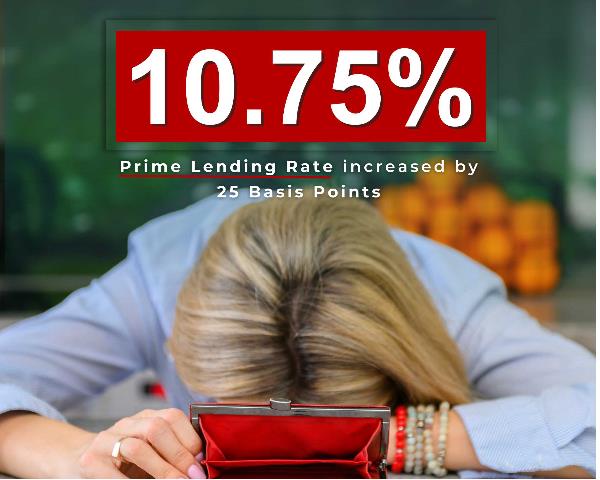



















![What is POPIA? [Part 1]](https://s3.entegral.net/news/Thumbnail_2021_10_18_11_53_39_403.jpeg)










